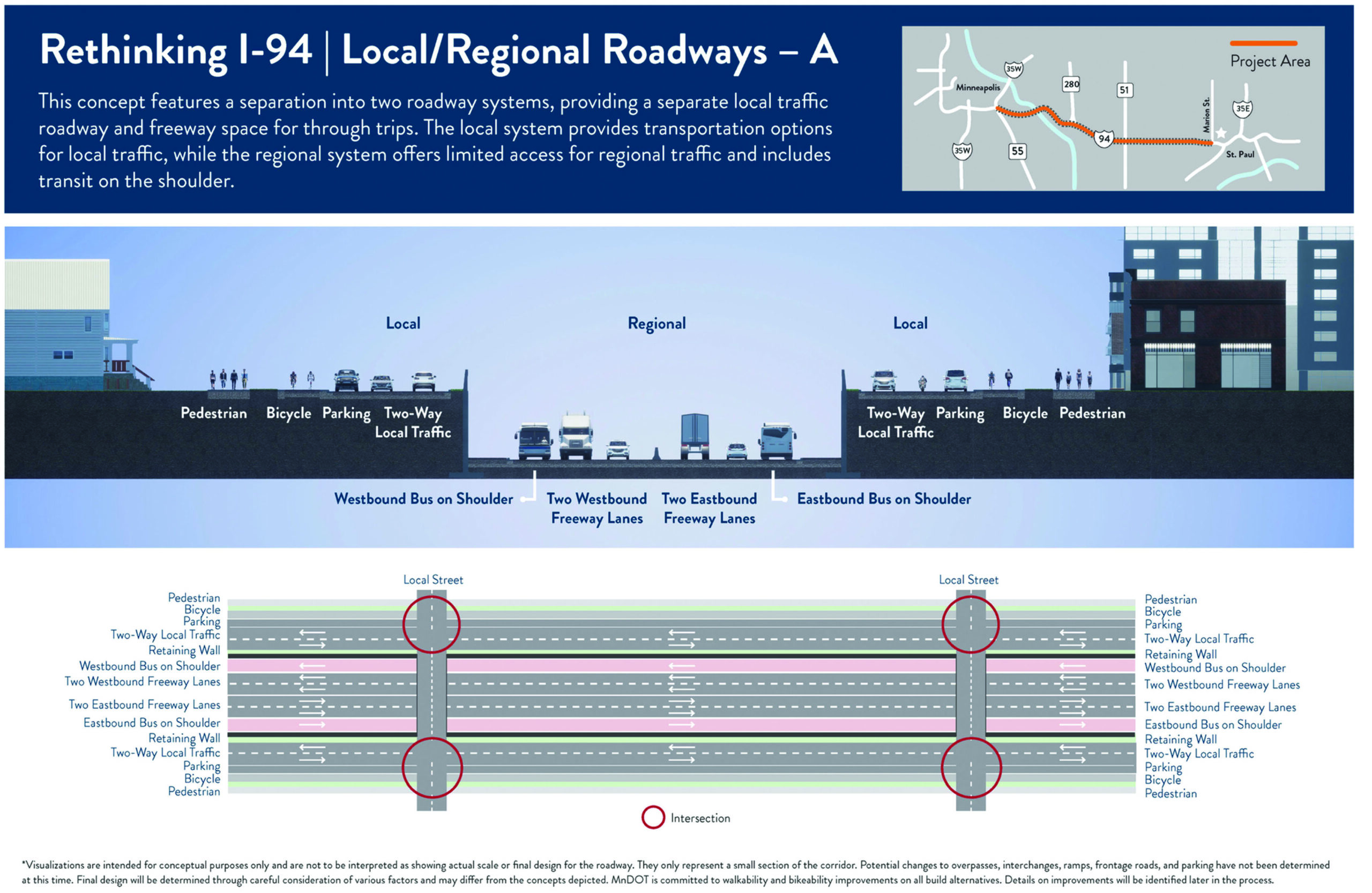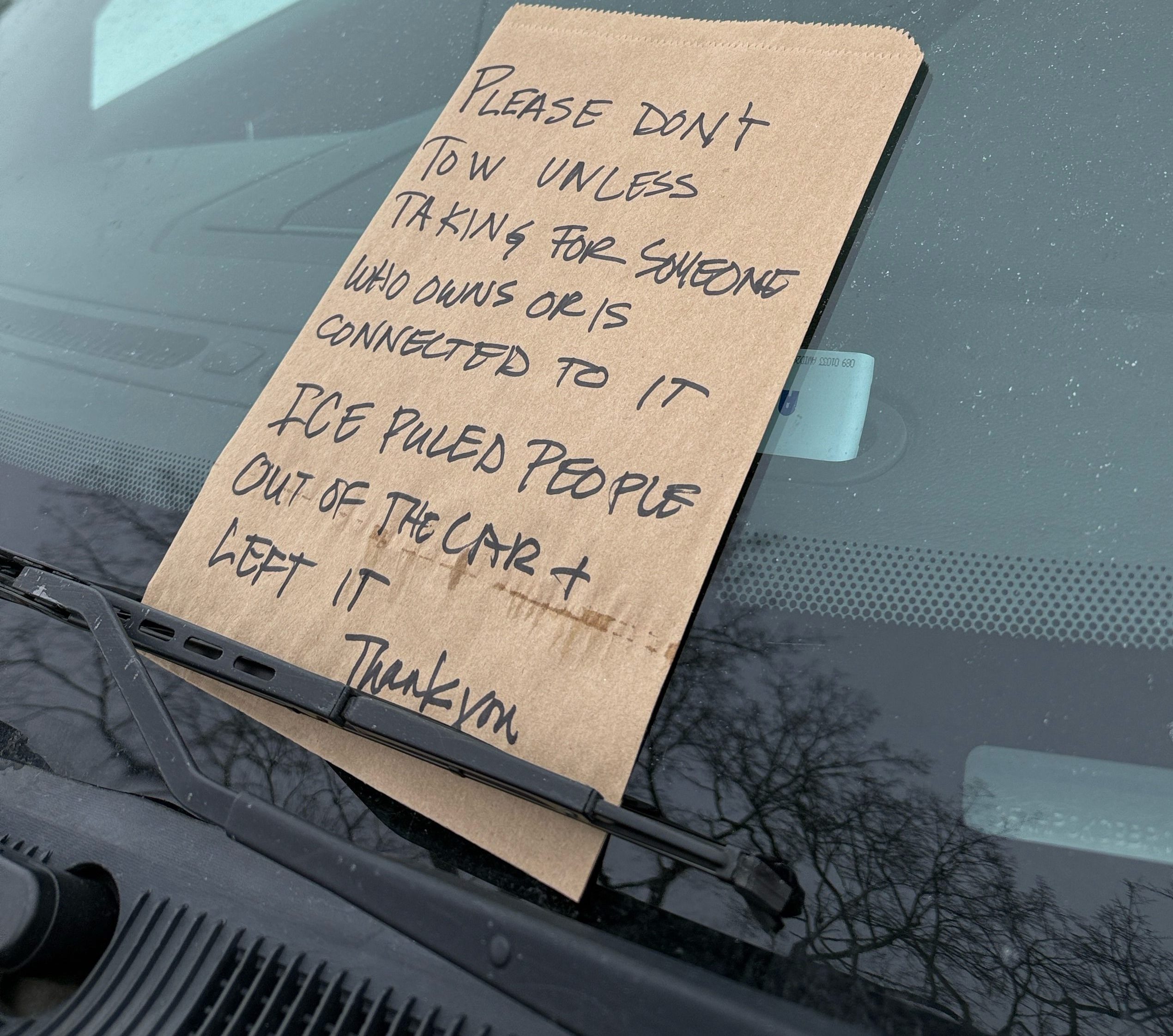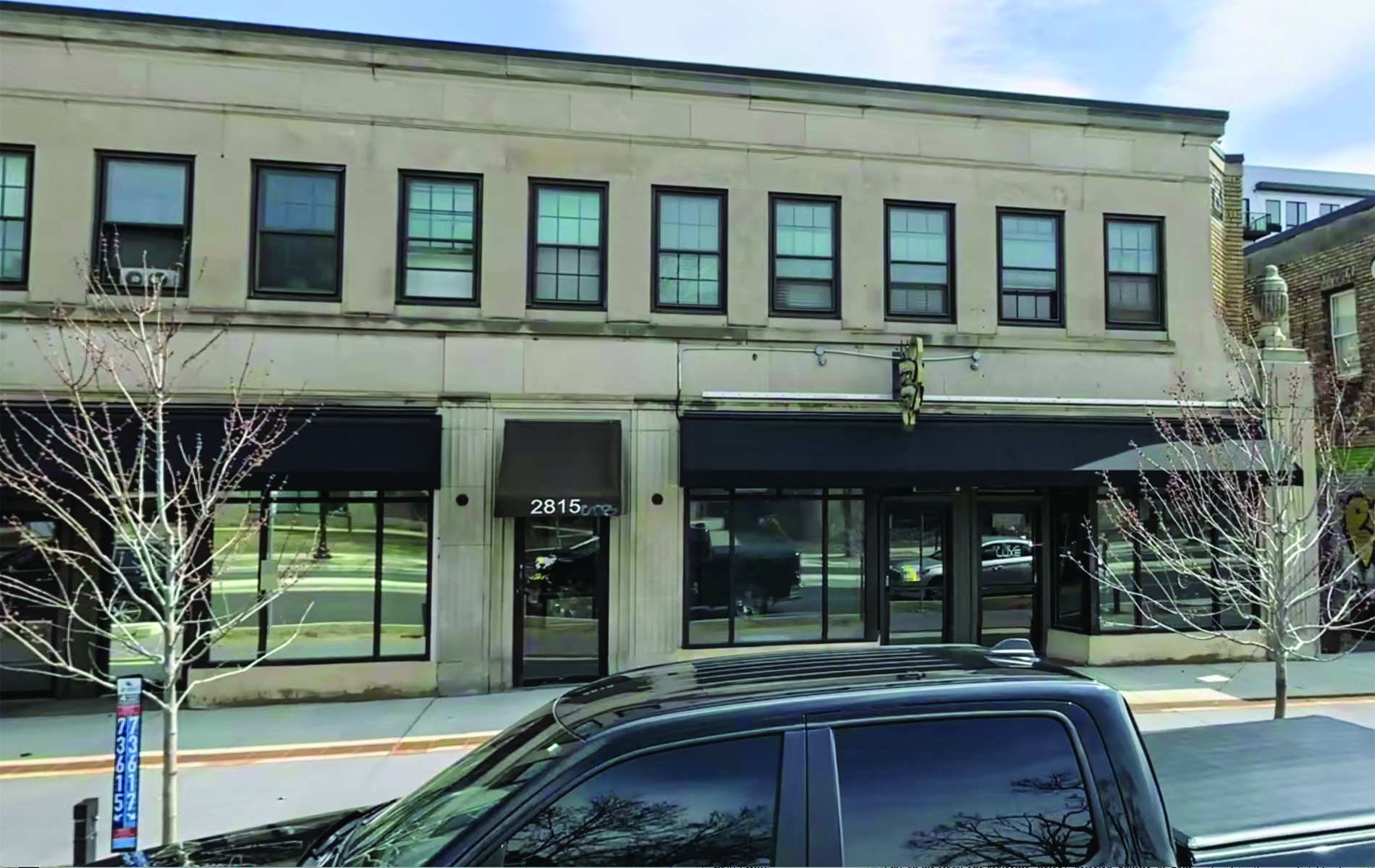On September 19, 2024, the Minneapolis City Council unanimously passed a resolution encouraging the Minnesota Department of Transportation (MnDOT) to consider a wide range of highway removal options as part of its ongoing “Rethinking I-94” project, an important step in MnDOT’s plan for the first significant reworking of I-94 since its construction in the 1960s.
The resolutions section of the document begins by stating, “The City Council of Minneapolis continues to strongly oppose the repair or reconstruction of I-94 in its current form and rejects any roadway expansion or any right of way expansion within its boundaries.” Next up: “the City Council of Minneapolis supports a wide variety of highway removal options in the upcoming Rethinking I-94 scoping decision document, including the addition of a ‘restored network’ alternative with fewer lanes, which would maximize the potential to repurpose highway land for new public housing, affordable commercial space, parks, community gardens, or other uses determined by surrounding communities.” The council also voiced support for MnDOT to review a report conducted by the bike and pedestrian advocacy group Our Streets which, among other things, addressed “reparative highway alternatives.”


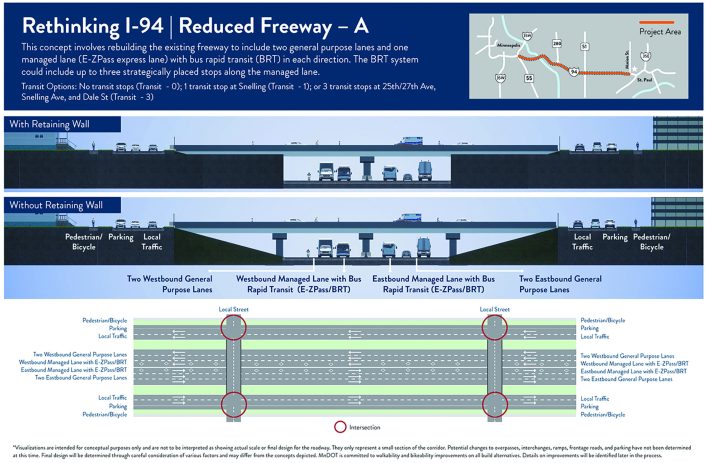
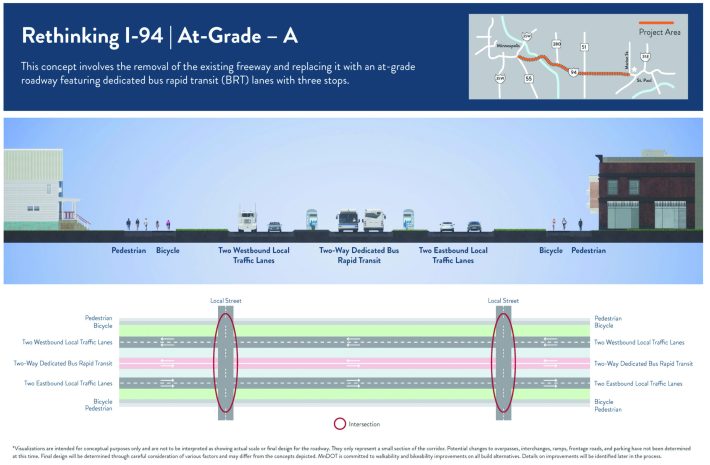
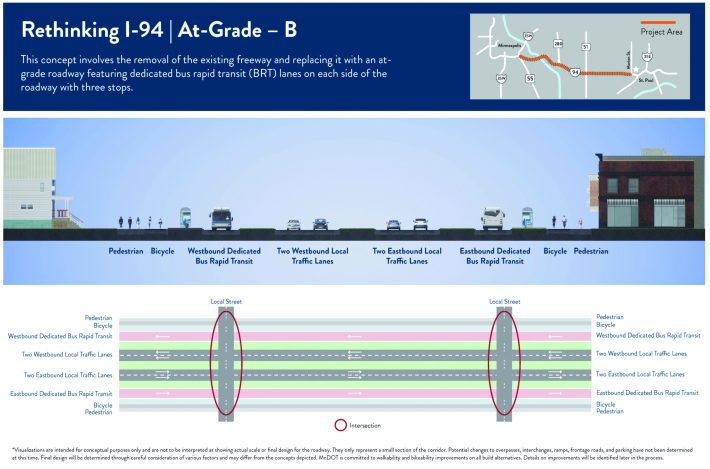
In an email to constituents, Ward 7 Council Member Katie Cashman cited historical harms and the environment as substantial factors in her vote: “What’s supposed to connect us has resulted in communities being displaced and disconnected. And we cannot accept that trade-off. Having the Minneapolis City Council weigh in on Rethinking I-94 is an opportunity for us to collaborate meaningfully with the Minnesota Department of Transportation to repair harms committed to communities along I-94 in the ‘50s and ‘60s. My own neighborhood of Loring Heights was disconnected from Loring Park because of the construction of I-94. As Chair of the Climate and Infrastructure Committee, fellow Council Members communicated with me through our Committee Work Plan that highway removal and expanding public transit, walking, biking, and rolling are top priorities…”
